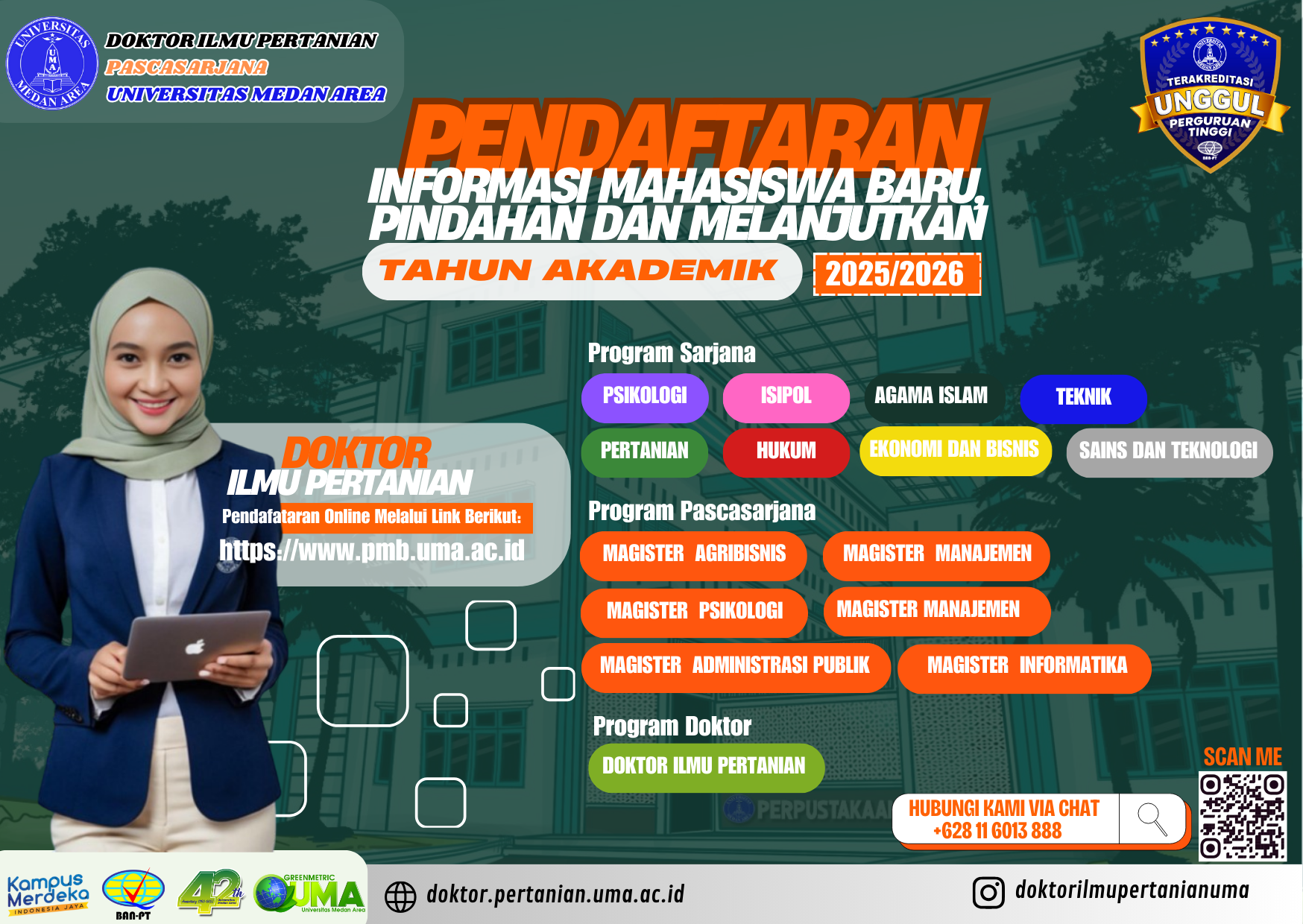When it comes time for you to start growing an organic garden, you may wonder where to begin, as there are so many things to consider when buying the right tools and accessories. The tips in this article can provide you with what you need to know to successfully grow your own organic garden.
Plant vegetables and flowers that are native to your local area. These plants will grow better with less work than plants that are not native. Also, native plants won’t require much extra watering, as they will generally adapt to the amount of rain typical to that area. This will also reduce your need for pesticides and fertilizers, since the plants will be able to handle the soil and pests in your area.
Pass on the gardening love. Once you have a great crop of vegetables, be sure to share some with friends and family. This simple act of kindness can be a huge motivator for you and a big act of generosity to those around you! Plus, you may inspire others to start a garden of their own!
Learn how to trim your plants. Not all plants require trimming, but if you notice unhealthy stems, trimming a plant can help you get rid of a disease or at least slow it down long enough for you to cure your plant. Do not cut too many stems and leaves: cut only the unhealthy parts.
Having a color-themed flower garden is a beautiful way to display bold color with different flower varieties. Single-color beds, like the color white, makes an impact when set among deep green background plantings. It may not be necessary to plant extra greenery to contrast against the white flowers around your bed. A green lawn may be all you need to display the color.
Flush your plants with water if the rim of the pot or top of the soil has white salt deposits. Flush using twice the amount water as the size of the pot. Salt accumulates when using liquid fertilizer and can cause a PH imbalance. Once you have flushed the plant, do not water the plant again until the soil is dry.
When planting tomato seedlings, be sure to plant them all the way up to the first set of leaves. This allows the plant to grow a larger and deeper root system. The more roots your plant sprouts, the more tomatoes the plant will be capable of supporting and the more flavorful they will be.
Not only is gardening a great way to grow your own food, but you can also grow your own drink. You can grow apple mint to make a delicious tea or rhubarb stalk to make a tart alternative to lemonade. You should also can or freeze your berries and fruits to make them into soda, hard cider, or wines.
Agricultural
Have your soil analyzed by a laboratory for a small fee so that you know which nutrients you need to add. Many college agricultural departments or cooperative extensions will provide this service for just a few dollars. Once you have the report, head to a farm supply company and buy what you need.
Natural or agricultural-grade diatomaceous earth is a gardener’s friend. You can spread this over the soil in your flower beds to keep pests away. Slugs in particular are cut by the tiny, sharp granules. This causes them to quickly dehydrate and will end their existence in your garden. Reapply after any good rain storm.
As you have seen, organic gardening techniques, while various, share many fundamentals. They just vary in terms of plant types and care. All it takes to decide between them is some research and common sense to find the best plants and tools that will work with you, your budget, and your organic garden.


